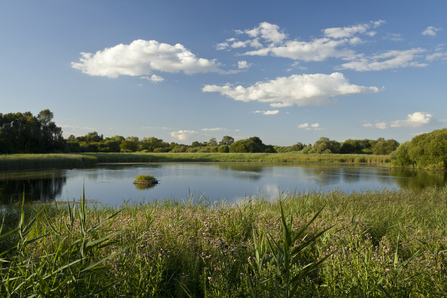As we count the cost of more flooding at home and look abroad at the shocking destruction in California and Valenica, The Green Finance Institute’s estimate that damage to the environment could lead to a 12% reduction to GDP in the years ahead seems conservative. Indeed, the Institute and Faculty of Actuaries (IFoA) estimates the global economy could face a staggering 50% decline in GDP between 2070 and 2090 due to the catastrophic impacts of climate change, unless action is taken to decarbonise and restore nature.
Business is increasingly aware of the risk to their bottom line posed by climate breakdown – and the fact the nature and climate crises are strongly linked. In the aftermath of COP16 and COP29, The Wildlife Trusts and The Crown Estate brought together sustainability figureheads to discuss how UK business can lead in delivering the Global Biodiversity Framework. The atmosphere in the room was confident, focused on the urgency of achieving the 30 by 30 target, despite the somewhat underwhelming outcomes from Cali and Baku.



